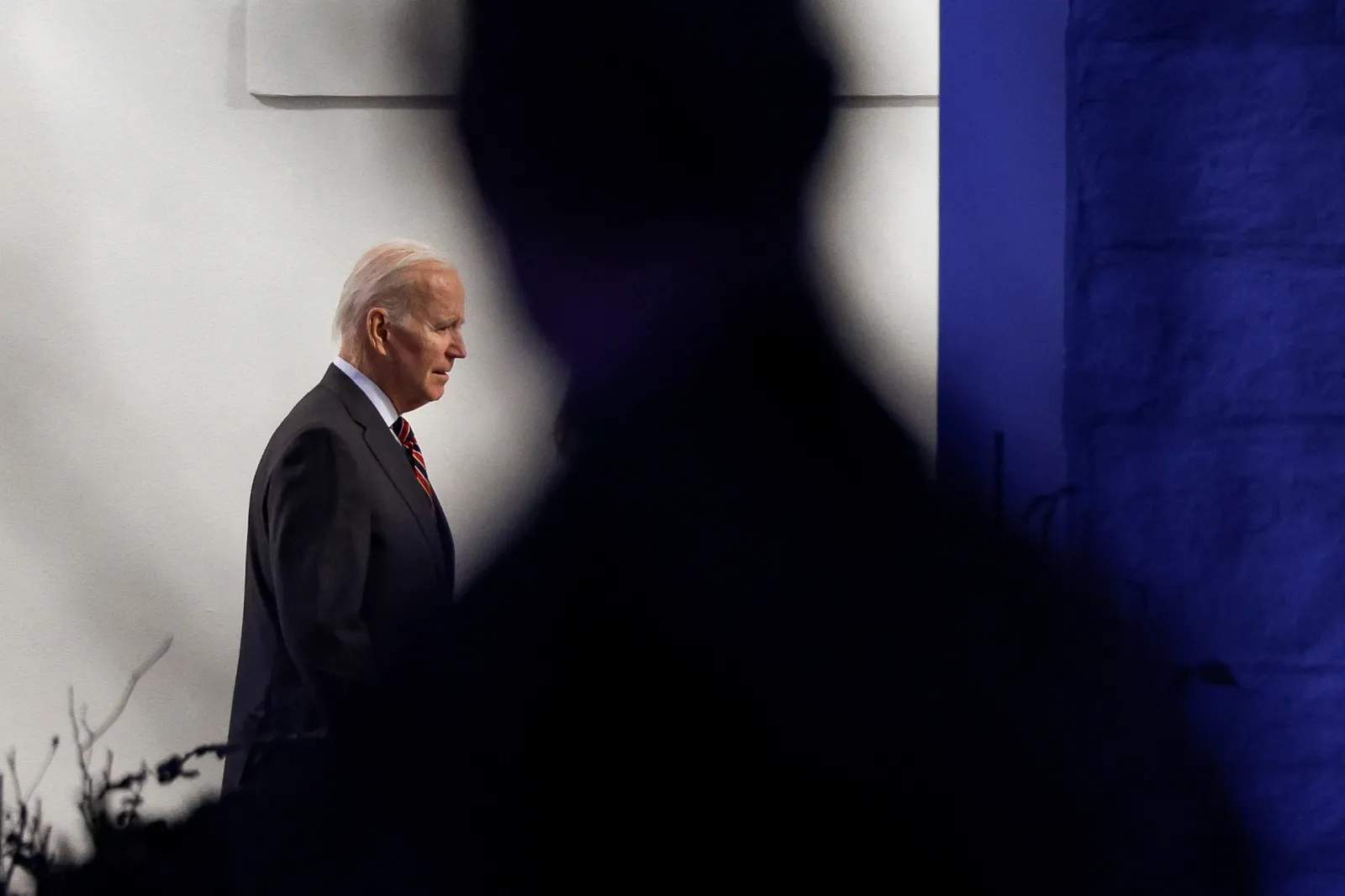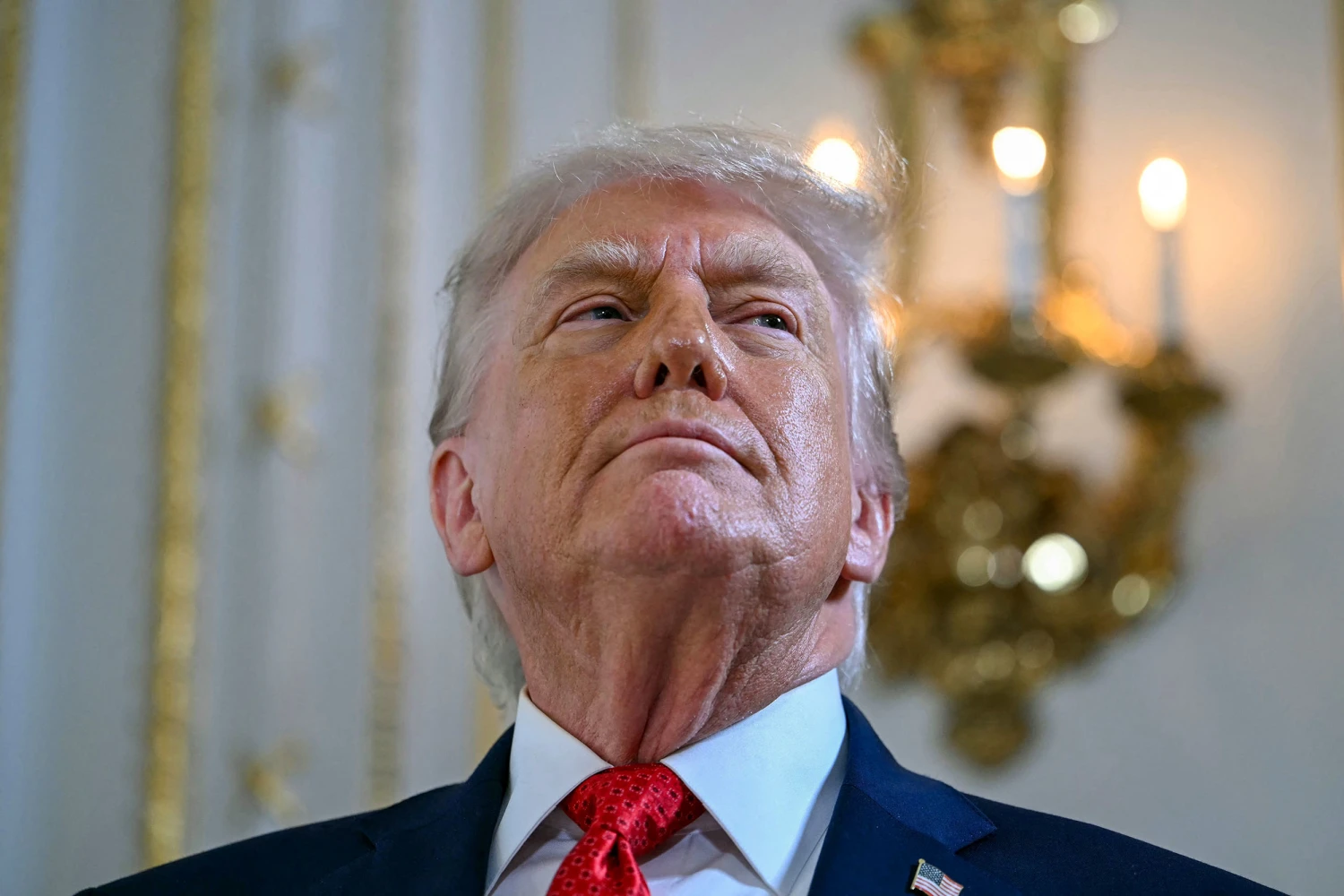Many foreign policy analysts breathed a sigh of relief when Joe Biden replaced Donald Trump in the White House two years ago. With Biden’s hands on the wheel (and Trump’s erratic and at times reckless tenure in the rearview), the United States could return to being a stabilizing force in the world. The president himself embraced that perception. “America is back,” he pledged to allies in February 2021. After the tumult of the Trump years, an administration with a serious foreign policy agenda once again called the shots in Washington.
Yet the first two years of the Biden presidency have not vindicated this optimism or promise. Instead, confusion abounds, with a troubling disconnect between the administration’s stated priorities and its conduct. Biden’s desire to protect U.S. workers and boost U.S.-based industries has found itself at odds with the imperative of building an alliance to contain the threat of China.
The central deficiency of Biden’s national security strategy is the absence of an economic vision that will allow the United States and other countries to reduce their dependence on Chinese products and markets. With Washington unable to get allies on board on the economic front, other elements of U.S. strategy end up carrying more weight, notably the armed forces. But there, too, the administration’s recognition of the urgent military threat posed by China has not produced a sufficient change in actual policy, in terms of both the defense budget and how policymakers deploy U.S. forces. The State Department is not strong enough to make up for these deficiencies and often finds itself sidelined. Unbalanced, the administration’s strategy lacks credibility. Unless the administration puts into practice the strategy it extolls—by disciplining the president’s loose comments about Taiwan, giving friendly countries incentives to enact difficult economic transitions, enforcing export controls, significantly increasing defense spending, and boosting the capacity of the armed forces—its foreign policy will continue to be ineffective.
foreignaffairs
Tags:Biden diplomacy




